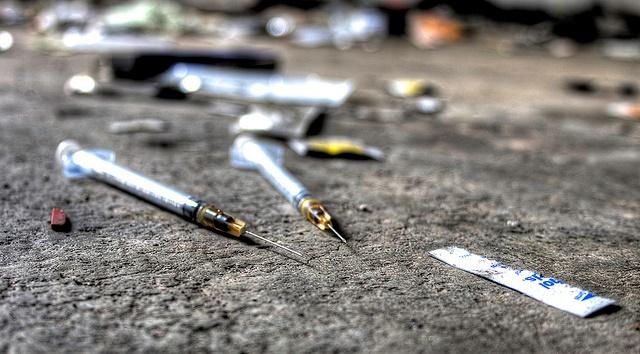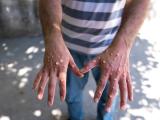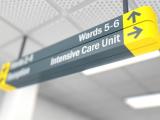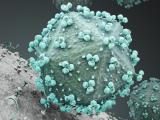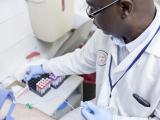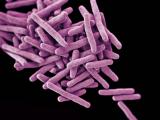Amid rising HIV cases in an outbreak linked to injection drug use in a rural Indiana community, the US Centers for Disease Control and Prevention (CDC) today sent a nationwide alert to clinicians, asking them to take a close look for similar clusters.
Indiana's outbreak prompted the state's governor to declare a public health emergency on Mar 26 for Scott County, located in the southeastern corner of the state, not far from the border with Kentucky.
At a media telebriefing today, health officials from Indiana and the CDC said 142 HIV infections have been detected so far, 136 of them confirmed and 6 positive on preliminary tests. In today's Health Alert Network (HAN) notice to clinicians, the CDC also said 84% of the HIV patients have hepatitis C infections.
Investigators from Indiana and the CDC also provided more details about the outbreak today in an early release report in Morbidity and Mortality Weekly Report (MMWR).
When Indiana's governor, Mike Pence, announced the health emergency about a month ago, there were 79 cases. The original 30-day emergency has been extended until May 24.
Bleak scenario
Health officials today said the investigation so far paints a bleak picture of injection drug use as a community activity in an area with high unemployment and poverty and limited access to healthcare. The practice involves dissolving, cooking, and injecting tablets of prescription opioid oxymorphone (Opana ER) using shared drug-preparation and injection equipment.
The experts added that children, parents, and even grandparents within the same households share the drugs, which are injected with a large-bore needle—a factor that could be helping fuel the spread of both viruses. With roughly a 4-hour half-life, people addicted to the drugs often inject them 4 to 10 times a day to avoid feeling sick from withdrawal effects.
Officials said another element that makes the outbreak worse is that it's occurring in a rural setting. In urban settings, injectable drug users are more likely to live near prevention and treatment programs and know how to protect themselves.
They also described an aggressive response to the outbreak, which includes assistance from the CDC with tasks such as testing and contact tracing and doctors from Indiana University who are offering specialized medical treatment services at the lone local clinic. Steps also include a one-stop clinic for testing and treatment coordination, a needle exchange managed by Scott County, a public awareness campaign, and substance abuse counseling and treatment.
National alert
Jonathan Mermin, MD, MPH, who directs the CDC's National Center for HIV/AIDS, Viral Hepatitis, STD, and TB Prevention, said the CDC issued the HAN, given that viral hepatitis infections are rising dramatically in injectable drug users at the national level and as a reminder to clinicians of the HIV threat to people who use injectable drugs.
"We must act now to undo this trend," he said, adding that this is the first drug-related outbreak of HIV and hepatitis C that the CDC has seen in a rural community.
Jerome Adams, MD, MPH, Indiana State Health Commissioner, said officials feel confident that they've identified the contacts, with some in neighboring Jackson County, all of whom have links to the Scott County outbreak.
Prescription opioids have flooded the market in the region, and use and abuse has been going on in the area for at least a decade, said Joan Duwve, MD, chief medical consultant with the Indiana State Department of Health.
See also:
Apr 24 CDC HAN statement
Apr 24 MMWR report
Mar 26 CIDRAP News scan "Indiana governor declares HIV emergency in southeastern county"
